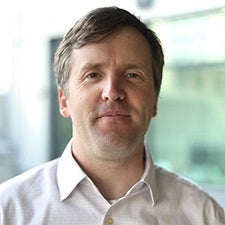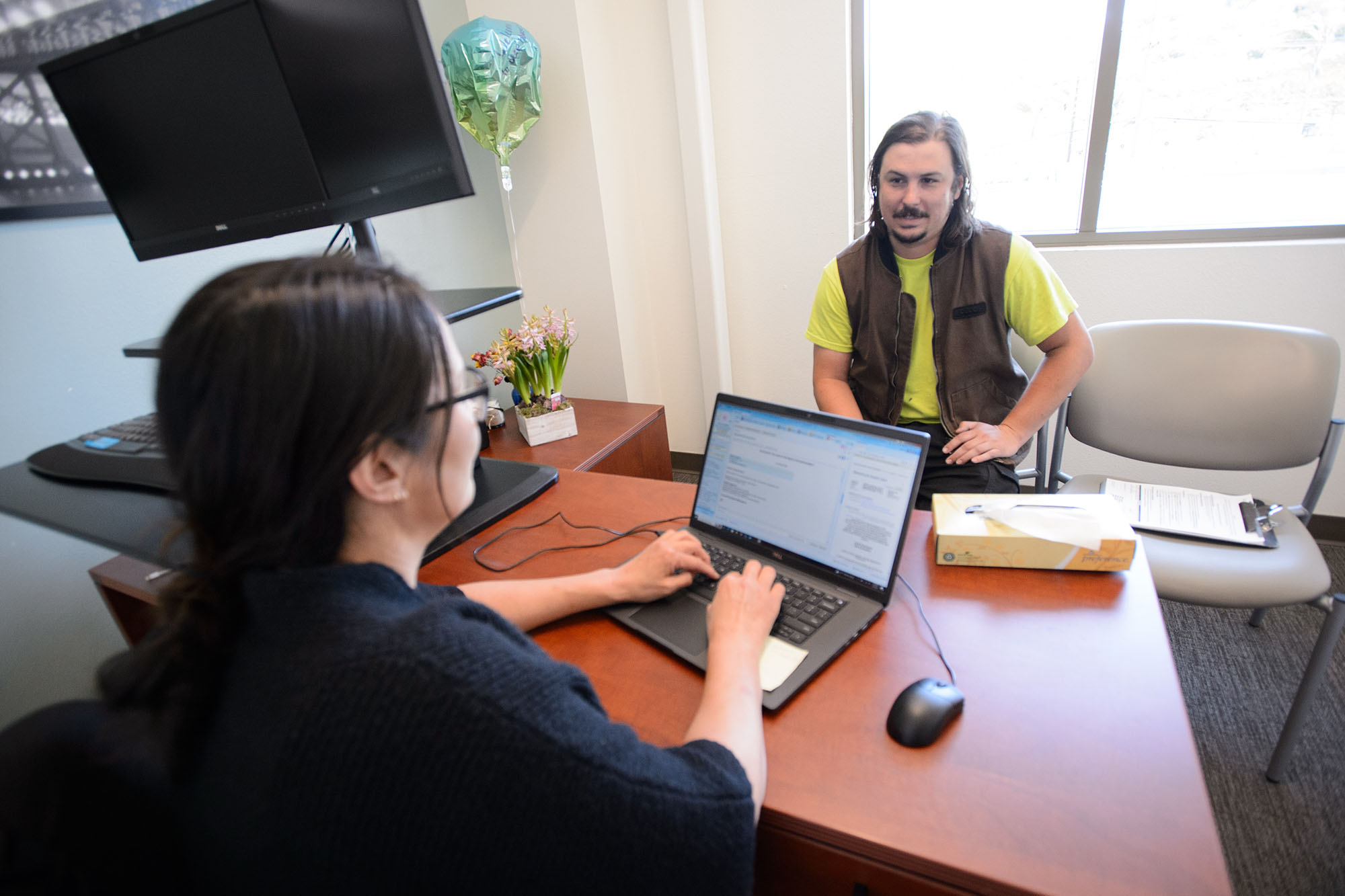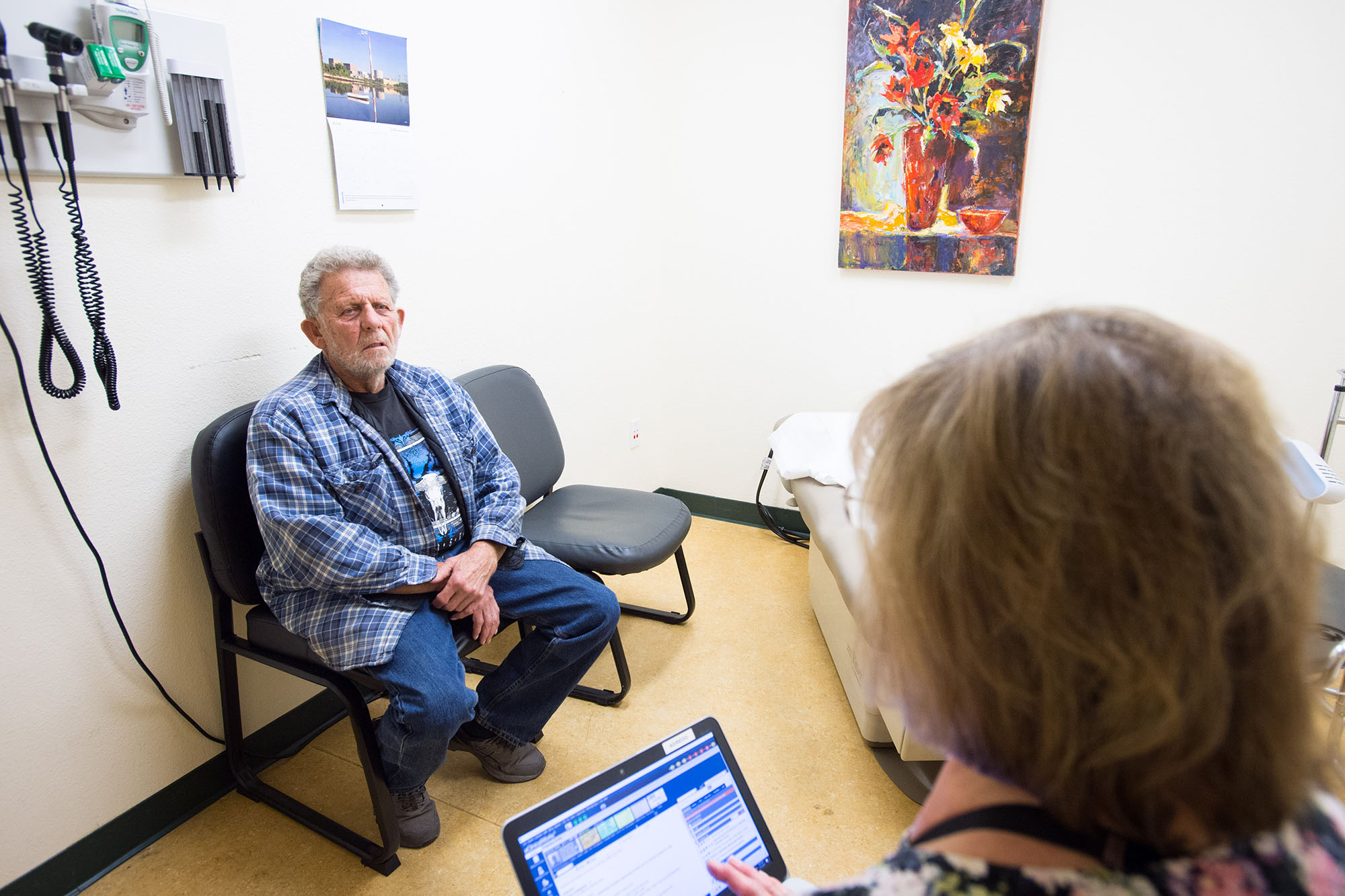
The California Health Care Foundation, in partnership with KFF (Kaiser Family Foundation), recently conducted a statewide poll in California to capture the health care experiences and policy priorities of the state’s 39 million residents.
Explore the poll’s findings, including the full report and charts. Here are five big takeaways from this wealth of new data:
The top health policy priority for Californians is making sure people with mental health problems can get treatment.
Those familiar with the prevalence of mental health conditions among Californians know that many people have an unmet need for treatment. Still, it’s striking to see expanding access to mental health treatment rank as the number one health policy priority among Californians. Nearly nine in 10 say making sure people with mental health problems can get the treatment they need is an extremely or very important policy priority.
One in four Californians say they or a family member has sought treatment for a mental health condition like depression or anxiety in the past year, and a strong majority believe that people are not able to get services they need to help with these conditions. Many report experiencing unreasonably long wait times for appointments. Other poll findings suggest why: More than half of all Californians believe their community does not have enough mental health providers, with the largest concern in the Los Angeles, San Joaquin Valley, Sacramento, and Inland Empire regions. Black and Latino residents and residents with low incomes were more likely than other respondents to say their communities lack sufficient mental health providers.
Universal coverage is a universal value.
More than three-quarters of the state’s residents say that it is extremely or very important for the new governor and legislature to make sure all Californians have access to health insurance coverage. By political affiliation, nearly 60% of Democrats and 44% of independents say it is extremely important.
Californians are desperate for relief from the high cost of health care.
More Californians are extremely or very worried about paying for health care than are worried about paying for housing, transportation, or utilities. This at least partially explains why 80% of the state’s residents want the governor and legislature to prioritize making health care more affordable. When asked about specific cost-control approaches in health care, more than three-quarters of Californians say lowering the amount people pay for care, lowering the price of prescription drugs, and increasing price transparency are all extremely or very important.
The urgency around making health care more affordable likely reflects Californians’ direct experience. One in five residents reports having had problems paying medical bills in the past year. One in three of those with insurance reports receiving an unexpected medical bill. (There’s a state law that provides some protection, but our poll showed most people still don’t know about it.)
Medi-Cal is very, very popular across the state.
Californians have very positive views of Medi-Cal, our Medicaid program. More than nine out of 10 say Medi-Cal is important to the state. Nearly six out of 10 say it is important to themselves and their families personally. Support for the program is very strong regardless of race, income, and party affiliation. Majorities of Democrats, independents, and Republicans all report favorable opinions.
The poll did reveal several areas within Medi-Cal that need improvement. More than four in 10 Medi-Cal enrollees who sought treatment for mental health conditions report unreasonable wait times for themselves or family members, roughly twice the rate of those with employer-sponsored coverage. A third of enrollees report unreasonable wait times for medical appointments for themselves or family members.
One other big area for improvement? Helping the public understand who Medi-Cal serves. More than 40% of Californians believe that most working age, non-disabled adults covered through Medi-Cal are unemployed. In fact, 62% of non-disabled Medi-Cal enrollees ages 18–64 were employed in 2016. In recent years, Medi-Cal has become a lifeline for California’s low-wage workers. Public perception needs to catch up to that shift.
Californians are feeling the effects of health workforce shortages.
Many Californians told us they have trouble accessing medical care and have experienced unreasonable wait times over the past year. They also told us that health workforce shortages are a problem where they live. As mentioned above, more than half say there are not enough mental health care providers in their local communities. More than one-third believe their community does not have enough primary care doctors and specialists. Those shortages are most acutely felt in the San Joaquin Valley and by black people, Latinos, and people with lower incomes.
These experiences explain Californians’ overwhelming support for further investments in the state’s physical and mental health workforce. Nearly eight out of 10 Californians say that it is important for state leaders to address workforce shortages. And more than eight in 10 want the state government to fund scholarships and other financial aid for medical professionals who choose to practice in shortage areas.
These findings are especially timely, with the California Future Health Workforce Commission set to release its final report in early February. That report will have specific recommendations for how to address the shortages and corresponding access challenges that are felt so widely across the state.
In the coming weeks, we’ll be digging deeper into the poll results to draw some specific conclusions about the experiences and attitudes of Californians with low incomes. In the meantime, please read the full report. I’m sure you’ll find big takeaways of your own.
Authors & Contributors





